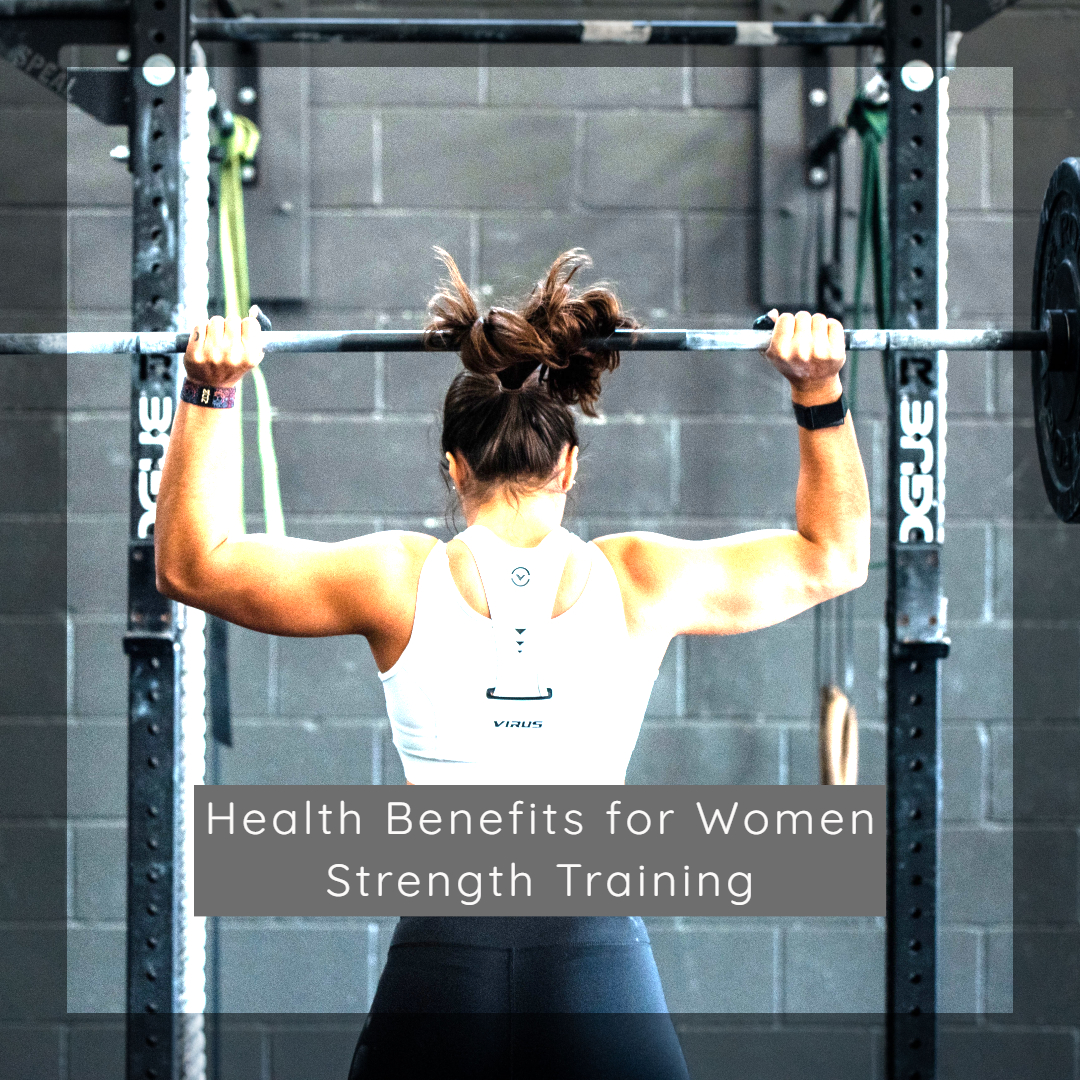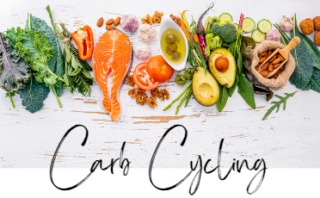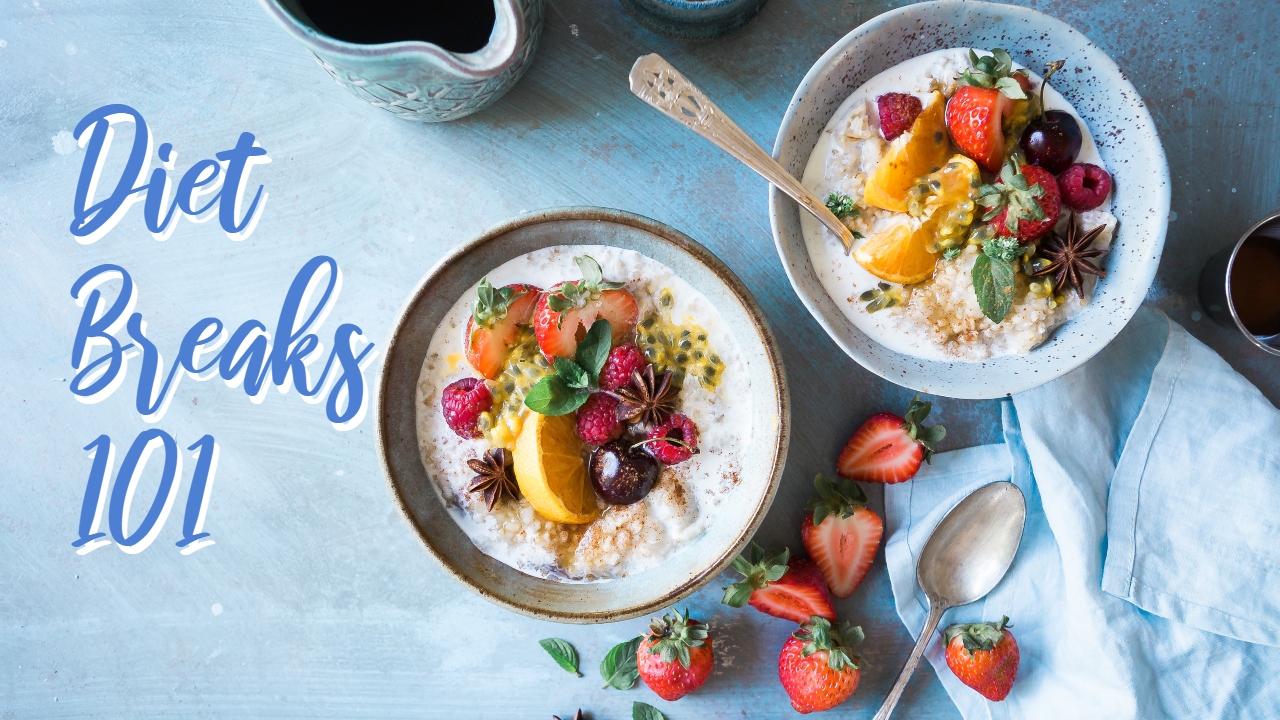I was in the Costco the other day and asked the cashier who I have become antiquated with how his diet was going as he recently made a lifestyle change and started eating healthier. While he has had some set backs he said he was doing well. One of the topics that came up was reintroducing carbs into his diet because he was a diabetic and had taken carbs out and found that his body sugars dropped really low and he had no energy all the time. So today I thought I would post some information on carbs.
- Carbohydrates are your bodies preferred source of energy.
- All of the tissues and cells in our body can use glucose for energy.
- Carbohydrates are needed for the central nervous system, the kidneys, the brain, the muscles (including the heart) to function properly.
- Carbohydrates can be stored in the muscles and liver and later used for energy.
- Carbohydrates are important in intestinal health and waste elimination.
Carbohydrates are broken into 3 classifications – sugars (simple), starches(complex) and fiber. It is important to understand how different carb sources are broken down by the body and how food can be used for quick or longer rates of energy. Simple carbs such as those found in fruit or honey, are digested easily and provide a quick boost of energy. Complex carbs that are found in whole grains take longer to digest making them a good source for pre-workout fuel for your body. And finally one of the most important aspects of carbohydrates is fiber. Carbs with fiber helps with weight loss, moderating blood glucose levels and lowering cholesterol.
What foods are carbs?
Carbohydrates are mainly found in starchy foods (like grain and potatoes), fruits, milk, and yogurt. Other foods like vegetables, beans, nuts, seeds and cottage cheese contain carbohydrates, but in lesser amounts.
No/Low Carb Diets
When you first start reducing carbs in your diet you start to lose weight. This is an exciting time for people because they think they have lost body fat weight. However, the truth of the matter is the first amount of weight lost when cutting carbs is water weight. When carbs are reintroduced into the diet the water weight will come back. If the person continues on this type of diet they will start to see a body fat weight loss, however the weight loss in general is not because they are on a no/low carb diet it is because they have drastically cut their calorie intake. The basic principal of weight loss is if you are in a calorie deficiency you will lose body weight. The exception to this principal are people in too much of a deficiency and their metabolism is no longer functioning properly to allow them to lose weight and people with thyroid issues.
So how do you feel on a no/low carb diet?
- Run down & lacking energy
- Easily irritated. Hangry (Hungry and Angry)
- Foggy – unable to think clearly
- Headaches
Overall no/low carb diets are not a good long term solution it losing weight and often result in gaining all if not more of the weight lost.
Creating a balance
Its important to create a healthy balance in your diet that includes lean proteins, carbs and healthy fats. One of the easiest was to do that is to build your meals to include all 3 macronutrients. My recommendation is for your three big meals of the day choose a lean protein between 4-8 oz, 1 cup of green vegetables and 1 cup of a complex carb.
Sample Meals for the Day:
Breakfast:
- 3 to 5 Egg Whites, 1 -2 whole Eggs
- 1 Serving of Oatmeal with Cinnamon
Snack
- 2 Brown Rice Cakes
- 2 Tbs All Natural Peanut Butter
Lunch
- 4-8 oz of Grilled Chicken
- 1 Cup Steam Green Beans
- 1 Cup Sweet Potatoes
Snack
- Protein Shake
- Apple
Dinner
- 4-8 oz of Grilled Tilapia
- 1 Cup Steam Broccoli
- 1 Cup Rice
While there is much more detailed information regarding carbohydrates this is just a basic overview to provide a bit of information when deciding how important carbs are in your daily diet.
For a more indepth discussion about macronutrients or for nutritional guidance please contact us today to become a client.



